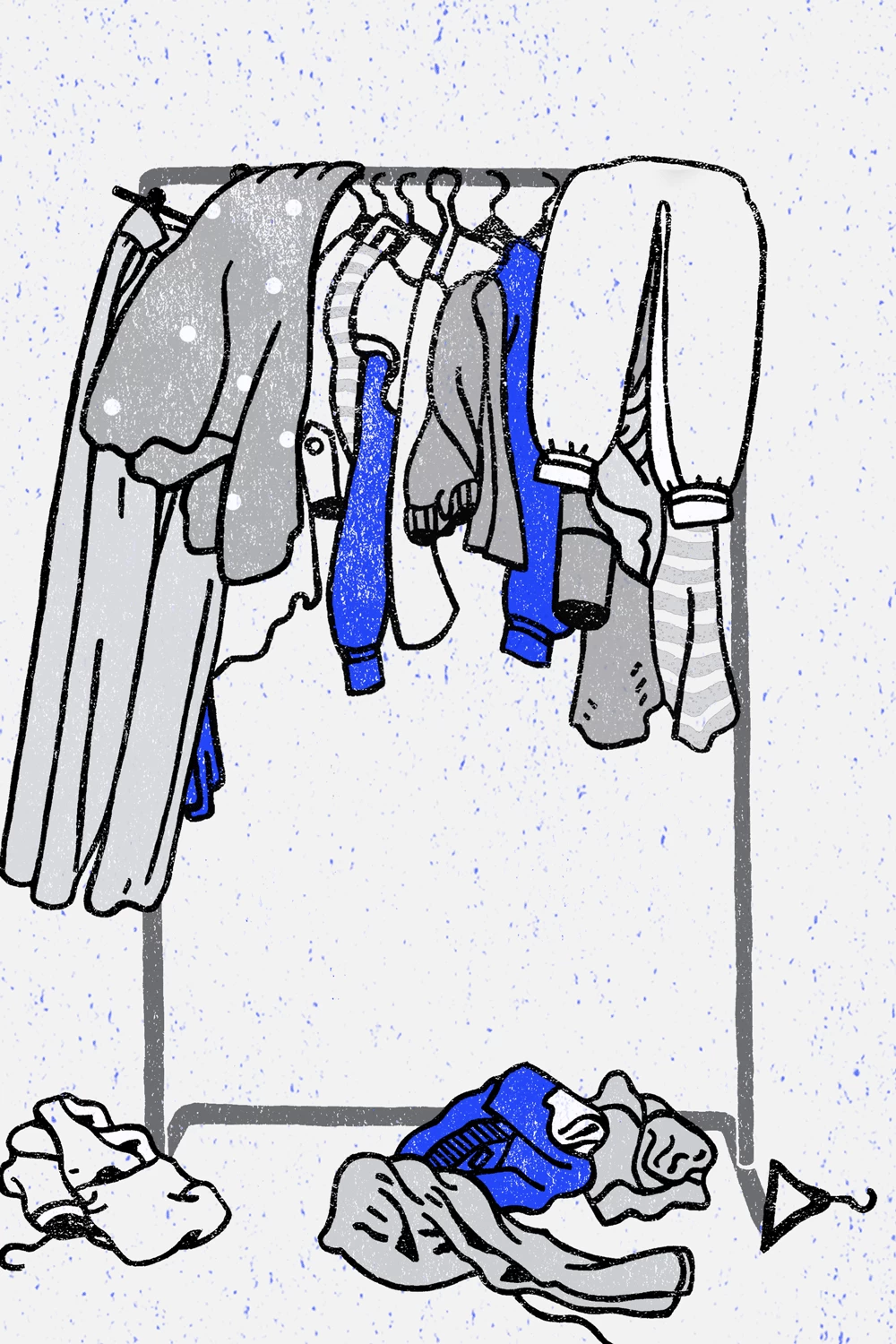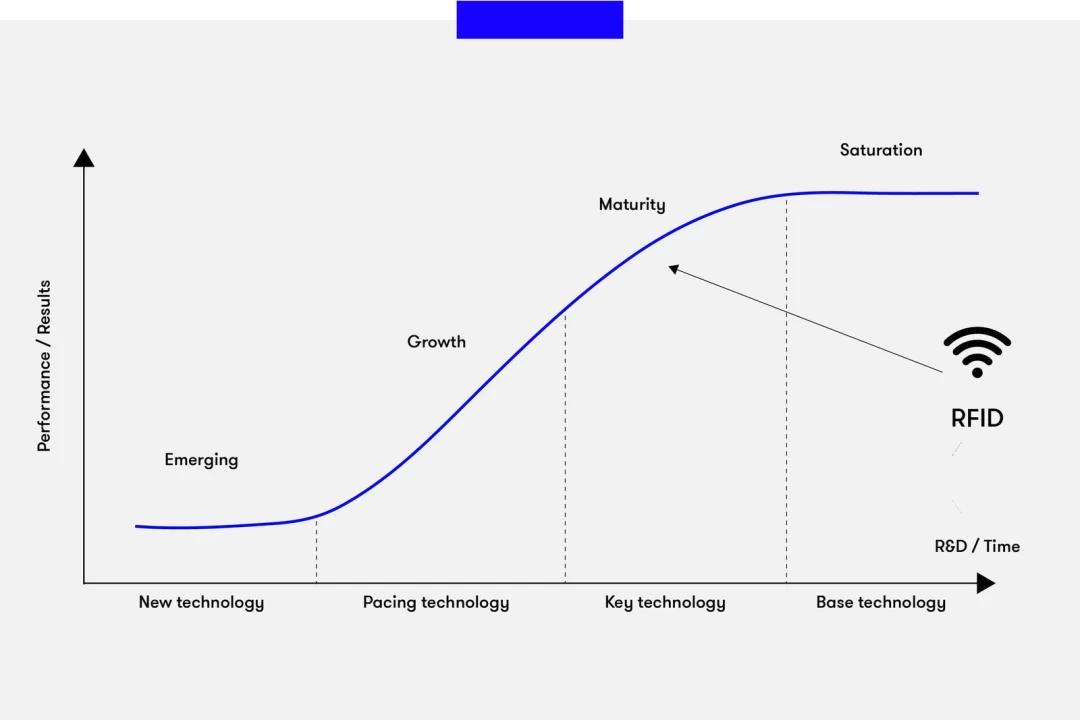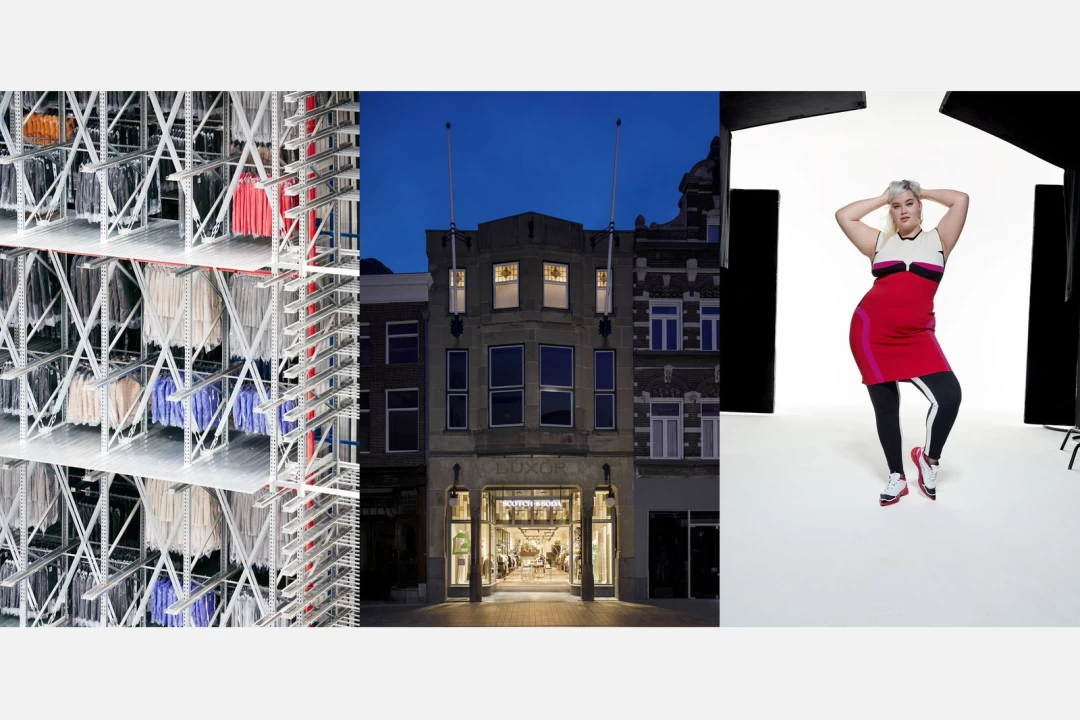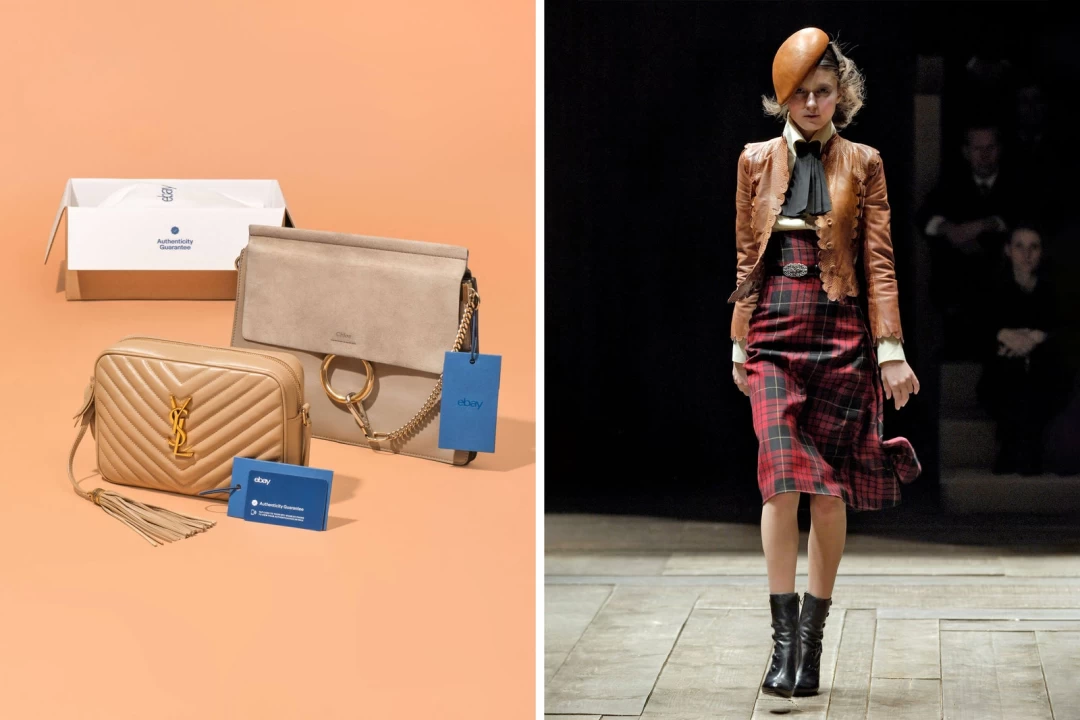RFID technology has changed the inventory of the fashion industry
2021.7.28
When omni-channel and resale have found new uses after the epidemic, RFID technology has also become the focus of the fashion industry.

Until recently, the Dutch fashion brand Scotch & Soda tracked inventory in the same way as most fashion companies: employees manually counted the items in the store by scanning personal barcodes once a month. Today, the 36-year-old company is replacing all inventory with RFID, starting from a store in the Netherlands in August.
Scotch & Soda global procurement director Rik Kok said that the purpose of this is to gain full visibility of online and offline inventory.
RFID technology provides an accurate view of the total inventory by giving a unique digital identity to a single product, unlocking functions such as shipping from the store, click-to-collect, and in-store tracking. In addition, thanks to RFID's identity verification and tracking functions during express delivery, this technology is particularly useful for tracking high-value items.
For the retail industry, RFID is not a new tool, but it has new meaning after the epidemic, especially after the epidemic has exposed many problems in fashion and clothing inventory management and supply chain, such as lack of correct inventory, Visibility of excess inventory and returns.
Ailen Li, director of cloud platform and RFID expert at Nedap iD in the United States, said: "The COVID-19 has forced many retailers to rethink their strategies and how to improve the online and offline shopping experience to attract customers. During the epidemic, customers will place orders online. When a customer spends time browsing and placing an order, two days later they find that the product is out of stock or the order has been cancelled. The customer will feel very disappointed. This experience is tantamount to a death sentence." Nedap's iD Cloud The software has been used by Scotch & Soda and Ganni.
Other brands that have also launched similar RFID and NFC technologies include Mango, Adidas, Nike, Ebay, AZ Factory and Alexander McQueen.
Massimo Vian, the new chief operating officer of the Prada Group, initiated an event with a group of graduate students in the IMLux master class at the Politecnico di Milano to develop new uses of RFID, NFC and QR codes in the fashion field. Currently, 45 students participate in the event. The brand announced this spring that it will add RFID to all products worldwide and will use RFID together with the newly established Aura Blockchain Alliance.

As the largest supplier of RFID tags in the apparel industry, Uwe Hennig, director of global RFID market development for apparel and food at Avery Dennison, said: "The epidemic has made all brand owners, retailers and manufacturers aware of the fragility of the supply chain. They do not have enough data. To manage, the needs of consumers have also changed."
Hennig added that RFID technology is a rare exception because RFID applications in the fashion and apparel industries are driving the adoption of RFID in other industries. Avery Dennison's "smart label" business grew by 9% in 2020, and most of the growth came from the apparel industry. By 2026, the global RFID market is expected to grow from about 10.7 billion US dollars to 17.4 billion US dollars. It is estimated that approximately 70% of retailers are interested in implementing RFID within next year.
Detego's content marketer Joel Goodson said: "Smartphones make it possible to connect customers digitally, and RFID is now making digitally connected products." The company's RFID software platform has been used by Levi's, Adidas and Reiss.
#Full visibility#
Fashion luxury e-commerce brand Yoox Net-a-Porter has also adopted RFID. The company's seven logistics centers in the Italian city of Bologna have provided RFID labeling services for its e-commerce orders to check the contents of the packaging before shipment; it has also used RFID in the specialty stores to more accurately understand what is being sold Commodities and commodities that need to be restocked.
RFID tags are usually a more profitable option for store operations and promotion. American fashion brand Ganni is using RFID to meet the needs of online orders in stores, with the purpose of solving the problem of independent inventory of online orders and store orders. Ganni's supply chain director Karolin Stjerna said that this can break the situation of overstocking and overproduction. Within two weeks after the implementation of RFID, the inventory accuracy rate of one of the company's stores jumped from 93.4% to 99.5%.
Detego's Joel Goodson said that as omnichannel services become a new model in the fashion industry, the ability of RFID to improve inventory accuracy is critical. "Without inventory accuracy and real-time inventory visibility, retailers cannot provide omni-channel services. Inventory accuracy may sound ordinary, but it does not explain how it has changed the retail industry."
Mango recently added RFID to its new flagship store in Barcelona, calling it a "license" for each product, so as to understand which clothing customers tried on and finally bought. The brand said: "This technology allows us to obtain very critical information, which was previously only available through our online channels."

The RFID reader can remotely read multiple tags at once. Fixed RFID readers in stores can track products (unlike using handheld devices to read tags in workshops and warehouses), and can also show which areas of the store have the highest sales.
AZ Factory products also contain NFC tags. After scanning, a special "Alber & Amigos" website will be opened, where customers can view selfies posted by other customers, products they purchased, and other content. Scotch & Soda also associates RFID with QR codes that can be used to tell brand stories.
Previously, the adoption rate of RFID at the beginning of the product life cycle was higher than after the sale, but this situation is changing. Permanent washable labels can be used to prevent fraud, certify and help with returns, rentals and resales.
Dean Frew, CTO and Senior Vice President of SML Group RFID Solutions, which cooperates with Nike, PVH and L brands, said that with RFID, the point-of-sale system can know exactly what has been sold and identify whether someone is trying to return an unsold item. Products. In addition, SML Group CEO Ignatius KC Lau added that dual-frequency RFID inlay can replace traditional electronic item monitoring systems to trigger in-store anti-theft alarms. At the same time, rental platform Caastle also uses washable RFID tags to track items flowing through its logistics center.

In February of this year, the resale platform Vestiaire Collective and Alexander McQueen launched a resale program to provide NFC tags for resale products, allowing buyers to use smartphones to access product information. Smartphones can "read" NFC tags without external hardware, but most RFID tags used in stores still require additional readers.
In June of this year, Ebay launched a similar program that can verify handbags from brands such as Saint Laurent, Gucci, Celine and Balenciaga, and provides NFC tags for each handbag based on its sneaker NFC program. Nike and Adidas have used NFC chips in many products. When they set up repurchase and recycling programs, the same chip ID can verify product and provenance information.
Charis Márquez, vice president of fashion at Ebay, said that NFC will improve the sale and purchase of sports shoes and handbags and make them "future-oriented." NFC also allows Ebay to share information about specific shoe styles, such as shoe popularity and similar products. "Our consumers are eager to obtain information about sports shoes, and we hope to be a resource in this area." At the same time, understanding when, where and how consumers interact with NFC will help "learn more about Ebay enthusiasts." The needs of the community" help brands predict secondary market trends.
Ailen Li of Nedap said that as more and more brands invest in RFID when manufacturing goods, multi-brand retailers will also be able to take advantage of these benefits without investing in RFID. "Although there are various service providers, all RFID scanners can read all RFID tags, and retailers have become accustomed to diversified label providers." RFID-labeled products communicate with retail clerk and monitor inventory dynamics. For example, it can provide employees with information about the items sold on the store's sales floor and which items are selling best.
Ailen Li also said: "Looking forward, I see that people are very concerned about the different types of experiences that RFID can provide. Especially this year, more and more retailers are in a very interesting exploration stage."



